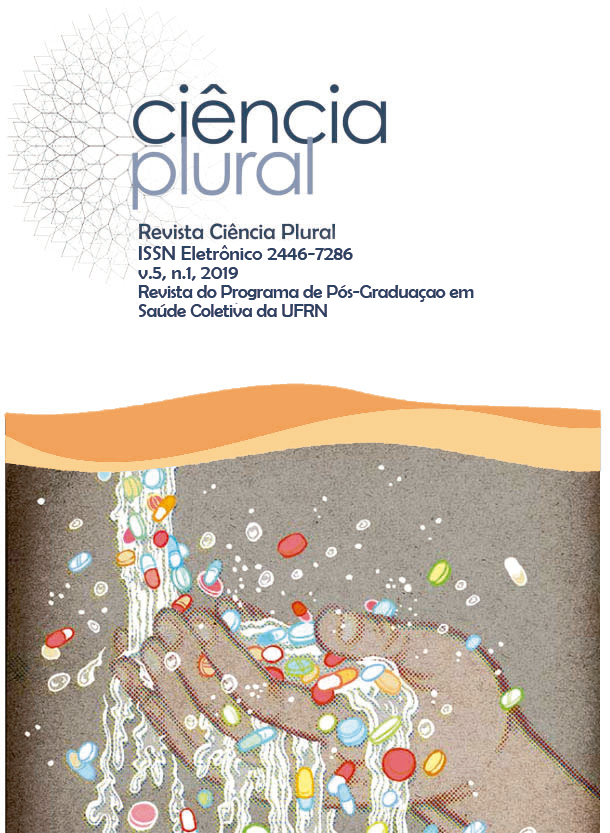HOW TO STRUCTURE AN INTEGRATED CURRICULUM IN A DENTISTRY COURSE?
DOI:
https://doi.org/10.21680/2446-7286.2019v5n1ID17942Keywords:
Curriculum., Problem-Based Learnin., Educational Measuremen., Staff Development.Abstract
Introduction: Despite the advent of the National Curricular Guidelines (DCN) of Dentistry courses since 2002, the curriculum design of most courses still maintains isolated disciplines, without articulation with the essential elements for the formation of generalists, with a distance between the cycle basic and professional one. Objective: To develop a proposal for an integrated curriculum, mediated by active learning methodologies and process evaluation of learning. Methods: To construct the proposal, axes were identified to compose an integrated curriculum, coherent with the DCN. Results: The curriculum consists of five axes: Integrated Modules, Supervised Internship, Extension, Flexibilization and Course Completion Work. The Integrated modules articulate skills and competences that involve knowledge of the basic, clinical and collective health areas. The Supervised internship takes place during the last two periods of the course, in the Unified Health System. The Extension is configured by the development of activities that articulate the insertion of the community with the students' learning, seeking benefits for the course environment. For Flexibilization were defined: (1) Complementary activities and (2) Optional curricular components, allowing the student to define the singular formative course. The Course Conclusion Work should be developed transversally from the first semester of the course, by specific curricular components related to the learning of scientific research methodologies or in the integrated modules themselves. Conclusions: In order to make curriculum development, it is fundamental to adopt active learning methodologies in all the planned axes, allowing the student to build his learning. Likewise, it is fundamental to evaluate the evaluation process that effectively contributes to a teacher-student relationship mediated by the search for knowledge, allowing both to be subjects in the process. The main challenge to reachthe proposal refers to the permanent process of teacher development in the construction of a "new" classroom
Downloads
Downloads
Published
How to Cite
Issue
Section
License
À Revista Ciência Plural ficam reservados os direitos autorais referente a todos os artigos publicados.

 Português (Brasil)
Português (Brasil) English
English Español (España)
Español (España)










2.png)
